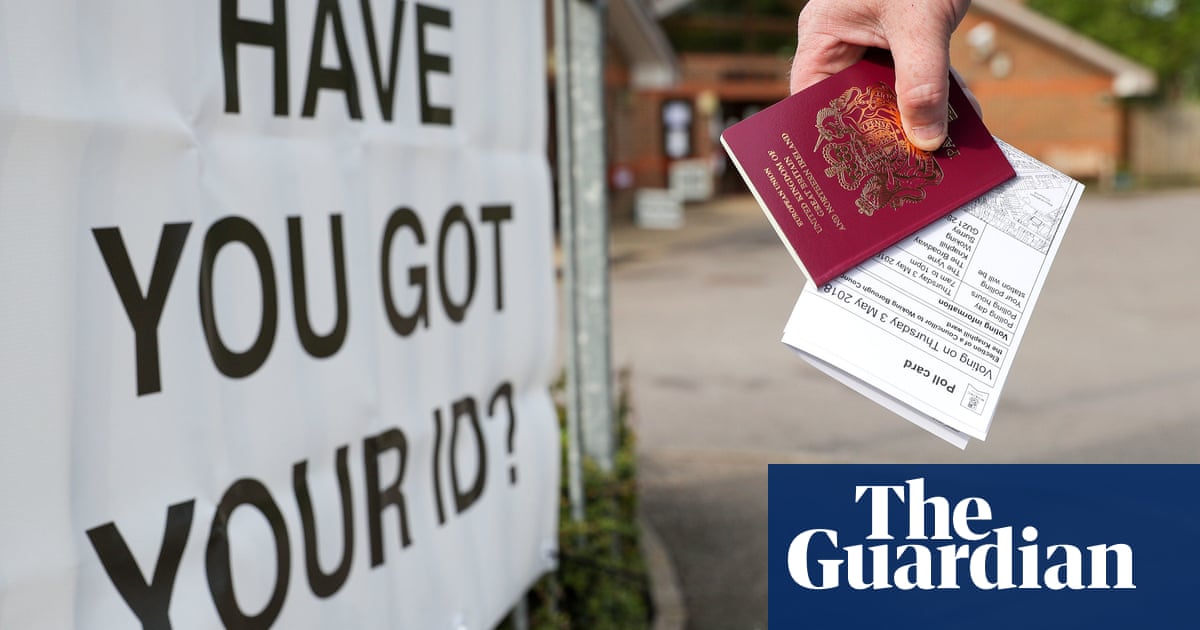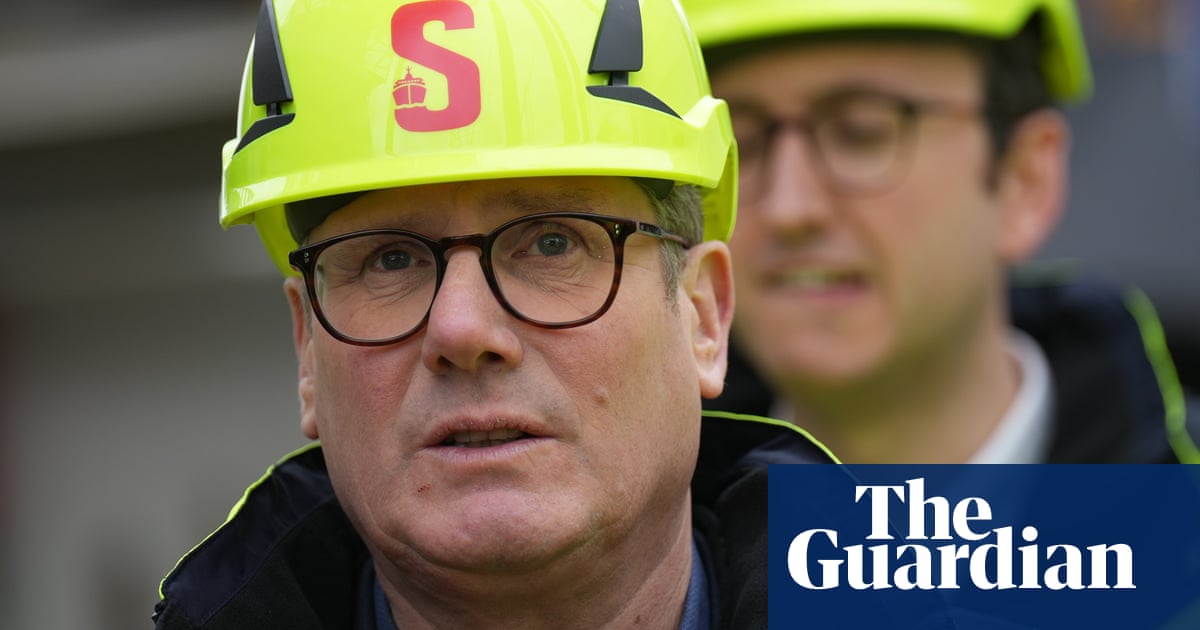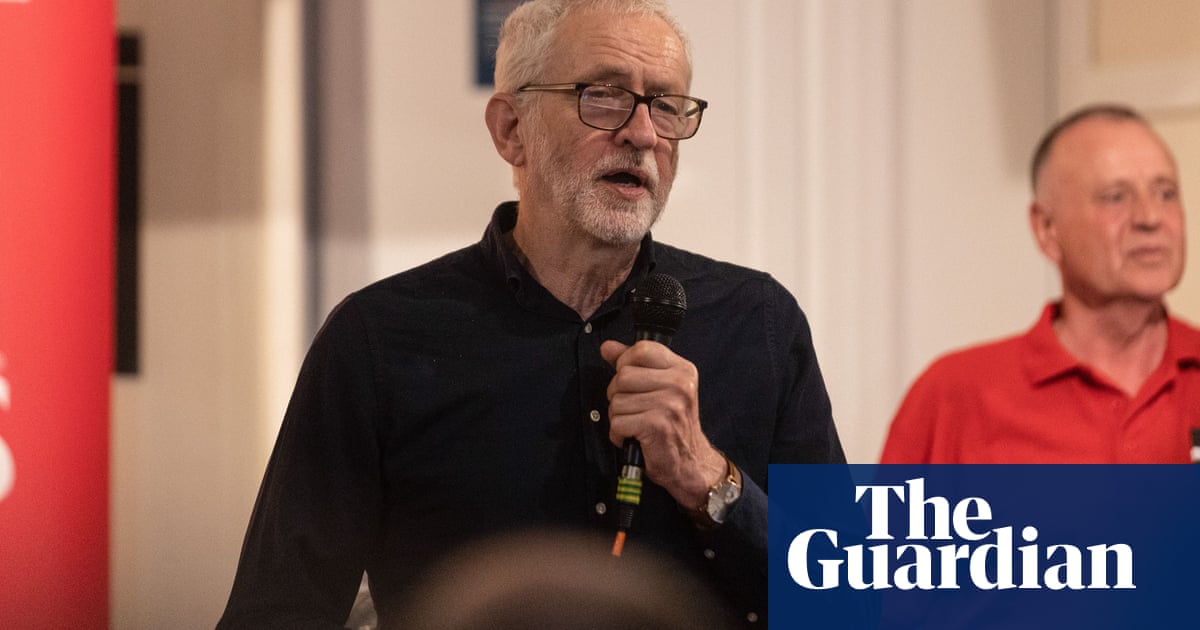
Labour chiefs have warned the party it is unlikely to be able to spin a compelling story of victory after next week’s local elections, calling Tory claims of 750 losses “ludicrous” and suggesting Labour may even lose “red wall” seats.
Shadow cabinet ministers warned the party was on “thin ice” when it came to its poll lead. This week the shadow levelling up secretary, Lisa Nandy, warned the Labour leader, Keir Starmer, that the party needed to switch its focus from attacking the prime minister over Partygate, to talking about the cost of living crisis.
Following Nandy’s warning, the Labour leader said on Tuesday that he had made the crisis a focus throughout the local elections. Starmer told reporters in Stevenage: “When we started the campaign, we had a laser-like focus on the cost of living and we’ve maintained that throughout.”
Labour aides are preparing a post-election narrative which would compare the party’s rise in vote share to a read-across on how many constituency seats the party could gain. The current electoral cycle is usually the most favourable for Labour, which already holds 50% of the seats up for election. In practice, this will mean it is harder to announce significant seat gains.
“This is going to be a very random set of elections where the story of the night is not immediately clear,” one senior Labour source said. “There will be some areas, including in seats we lost in 2019, where it will be clear we have far more work to do.”
Ward-by-ward, vote share will be watched to see how it may translate into seat gains in Westminster. Those under close observation include Bury, where all seats are up for election and where Tories were elected by narrow margins – though one MP, Christian Wakeford, defected to Labour in January. Birmingham Northfield is another area where Labour is hoping to be able to spin a gain.
Party chiefs are privately dismissive of taking London councils such as Westminster and Wandsworth, but are hopeful of making progress in Barnet. Gains there would allow Starmer to tell a story about how the party has responded to the antisemitism crisis, viewed as a key factor in the party’s underperformance in the north-west London council under previous leader Jeremy Corbyn in 2018.
Though most of the parliamentary Labour party have been heartened by Starmer’s progress as the Tories struggled with scandals, doubts remain about the leader’s boldness, even on the shadow frontbench.
“There are plenty of people who were whispering loudly about Keir after conference. It doesn’t take a lot to get people in the Labour party into a panic,” one shadow minister said. “By and large, I think we’re on the right track, but it will be easy for Tories to grab the narrative after 5 May and I hope that doesn’t send us into a tailspin.”
Another shadow minister said the poll lead was “built on sand” and that Starmer had to prove he could take it up a gear on more than just sleaze scandals. “The caution is infuriating. The material is dry. The policies are scattergun. I do think we need to start making a bigger impression on a much broader range of stories,” they said.
“I think it was particularly bad around conference when there was chaos on the forecourts, and yet everyone stuck to their prepared speeches. It’s better now there are better frontbenchers, but I am not yet seeing a sign that there is a big enough shift in the comms operation.”
Even though Starmer has shored up his position with MPs, the former shadow cabinet minister, Barry Gardiner, has been approached by colleagues about whether he may be a future unity candidate. “The left don’t actually have anyone themselves. I’m not sure Richard Burgon would even make it to the ballot,” one backbencher said.
Starmer’s position of non-compromise with the left is seen by most of his backers as an electoral asset, but there are worries from some senior MPs that it could backfire should Labour form a minority government in the future, leaving them dependent on iron party discipline.
One shadow cabinet minister said they felt Starmer should be spending more time on hammering home the cost of living crisis, and less time “fighting the battles of the past”.












